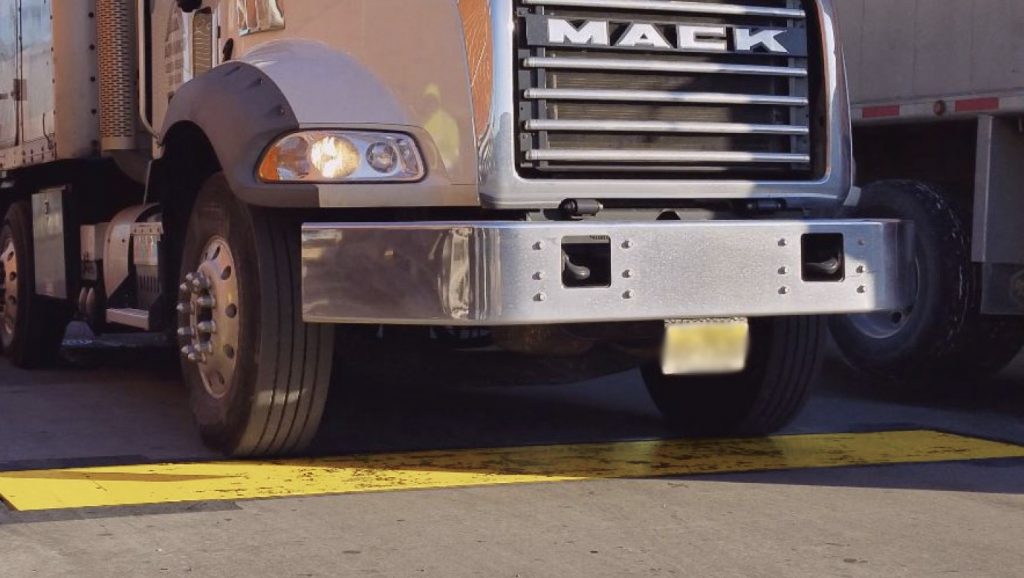Fats & Waste Cooking Oil Recycling
The collection and recycling of fats and waste cooking oil play an important role in global environmental sustainability efforts. Used cooking oil and fats can cause serious environmental damage when disposed of incorrectly. When poured into drains or sent to landfills, these substances can pollute waterways, clog sewage systems, and contribute to long-term soil contamination. Proper collection helps prevent these risks and supports responsible waste management.
Through dedicated collection programs, restaurants, food processors, and households can safely dispose of used cooking oil and fats. Specialized containers and scheduled collection services make the process simple and reliable. After collection, the waste oil is transported to processing facilities where it is cleaned and refined. The recovered material is then converted into valuable renewable products such as biodiesel, bio-based chemicals, or industrial raw materials.
Recycling waste cooking oil reduces dependence on fossil fuels and supports circular economy principles. By turning waste into a renewable resource, industries lower greenhouse gas emissions and improve overall resource efficiency. Public awareness campaigns also play a key role by educating communities about proper disposal methods and the environmental benefits of recycling.
By integrating responsible collection and recycling practices into everyday routines, organizations and individuals contribute to cleaner cities, healthier ecosystems, and a more sustainable future for generations to come.






